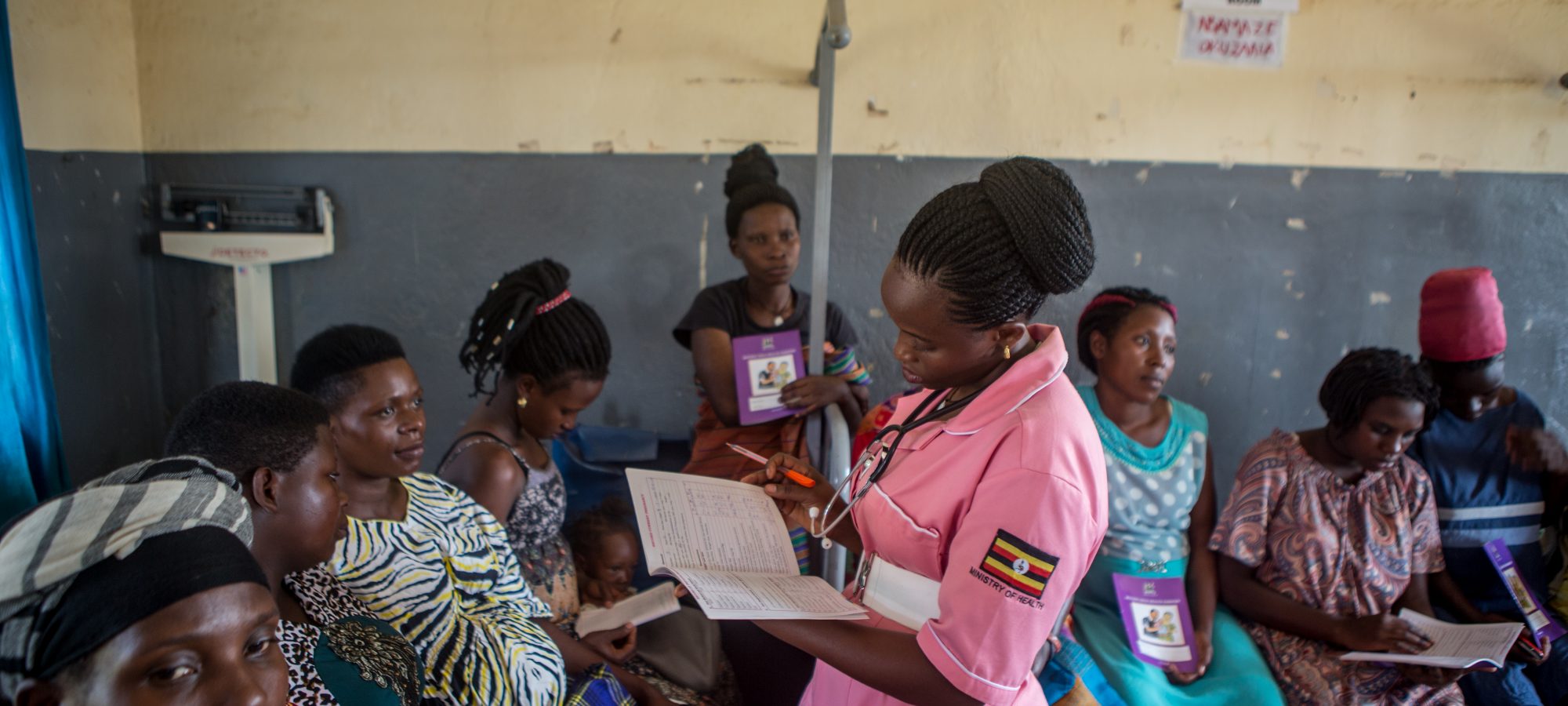Contemplating how the world achieves universal health coverage (UHC) is a mammoth task. The ambition is to ensure ‘health for all’, wherever they are in the world. This means everyone having access to the information and services they need to care for their own health and that of their families.
Progress towards this goal has been gradual and uneven, and establishing how best to cover entire populations in a cost-effective and sustainable way remains a challenge. Primary health care, which covers the basic services most people use to care for their health including for the prevention and treatment of disease, is under pressure in many countries through a lack of funding or inadequate resources. Low income and rural populations are at risk of being left behind by health systems that don’t prioritise the provision of quality services that improve health outcomes.
Malaria Consortium recognises the fundamental importance of embedding UHC within its programmes and specifically focusses on supporting the delivery of quality services to vulnerable communities. This includes the provision of preventive treatments for disease, vector control interventions to limit the ability of mosquitoes or other vectors to spread disease and working to improve the functionality and integration of health systems to ensure vulnerable communities can access higher levels of healthcare if primary care in their community is not sufficient.
Below we list some examples of the work Malaria Consortium is doing to reach remote and vulnerable populations.
In Uganda, Malaria Consortium leads the implementation of USAID’s Malaria Action Program for Districts. The project aims to reduce childhood and maternal morbidity from malaria. One method implemented by this project is the facilitation of local community dialogues where information on malaria prevention is passed on to community members and allows them a forum to discuss the issue with friends and neighbours. A grandmother from Kyarujumba, Uganda explains below how they have helped her:
In Burkina Faso, Malaria Consortium distributes preventive medicines that protects children under five from malaria during the rainy season. Etienne, a community health worker, speaks below about his experience of bringing this crucial intervention to his rural community:
In Nigeria, Malaria Consortium has trialled tools for use by community health workers with low literacy levels to diagnose and treat malnutrition in children. In many areas in Nigeria where levels of malnutrition are high, such as in Niger state, the population is also highly dispersed. These tools look to enable community health workers to provide care to people who would normally never have access to such services. Learn more in our video below:
Ashley Giles is Senior Communications Officer at Malaria Consortium
Photo credit: Edward Echwalu/Malaria Consortium
